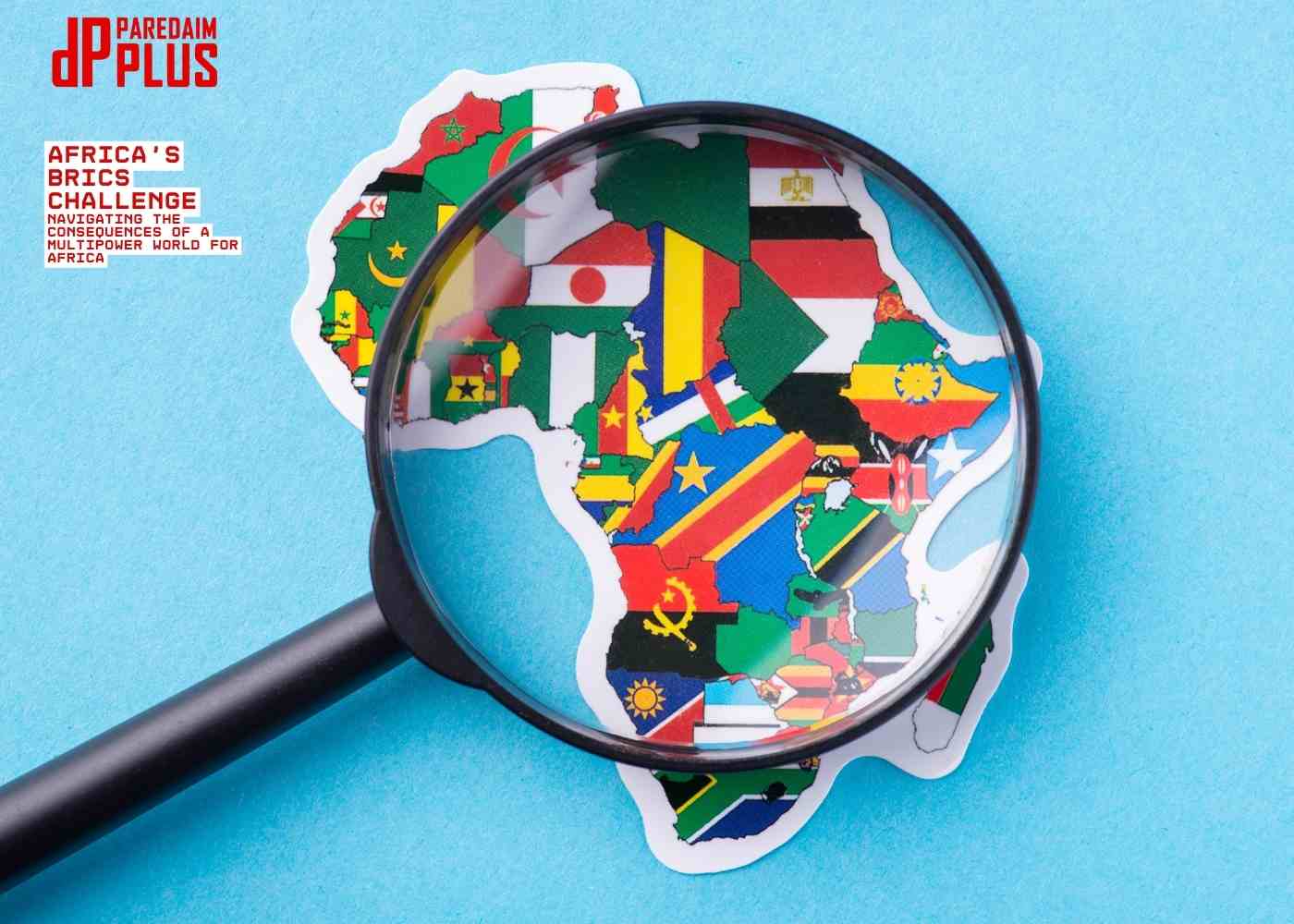
The financial ecosystem in Nigeria has experienced a huge
digital shift in the last decade. Whether in the vibrant markets of Lagos or
far-flung communities in northern Nigeria, online and mobile banking is proving
to be a lifesaver to millions of people and companies. The Nigeria Inter-Bank
Settlement System (NIBSS) has reported that more than 3.7 billion electronic
payment transactions have been processed in 2023 alone, representing a 42 per
cent jump when compared with 2022. Electronic payments value transcended N600
trillion, an indicator of a zealous adoption of electronic finance. But this
venture into the digital bank has also revealed systemic issues running deep,
namely the stability of the networks, raising questions among consumers,
fintech operators, and policymakers alike.
Nigerians are used to failed transactions, slow transfers
and unavailable banking systems. When the volumes are high, e.g. when salaries
are paid or during national holidays, the failures are multiplied and the users
are left stranded, the merchants are unable to get paid, and the faith in the
financial system is rattled. Whether it is X, WhatsApp groups, or online
forums, they are inundated with complaints regularly; some of these complaints
include: "Naira debit, but no credit has been received", or "POS
network down again." What is the denominator? The weak digital banking
system in Nigeria.
The problem is that fintech usage has exploded, but the
banking infrastructure has been unable to keep up. Actionable strategies on how
to improve mobile banking in Nigeria and make sure that the transactions of
everyone go smoothly are proposed as this blog post, sponsored by Paredaim
Plus, the leading digital marketing and SEO agency in Nigeria, takes a closer
look at the root causes of online banking failures in Nigeria, as well as
fintech solutions that the country can use.

The Crux of Nigerian Bank Network Issues
The root cause of the problems with online banking in
Nigeria can be deemed as an overloaded and under-invested digital infrastructure.
Even the mobile app rebranding and digital marketing blitz of most traditional
banks hide the fact that they are running on legacy systems that are not
scalable and resilient. When millions of users attempt to access banking
services at the same time, the system crashes or becomes immeasurably slow.
Moreover, a lack of a good internet connection, particularly
in areas beyond the major cities and towns, adds to the crisis. In many cases,
the mobile network is unstable, and people cannot finalize the transaction even
when the banking platform is technically working. This is one of the
impediments to financial inclusion that Nigeria must overcome since the
percentage of the population that lives in rural locations is above 38 per
cent.
In addition, inter-bank transfers are dogged by backend
integration problems. Most banks use third-party processors or switches, which
are not high-volume and real-time optimized for settlement. These integration
shortcomings add to the delays, transfer failure and duplication mistakes, not
only to individuals but also to the SMEs that depend on the digital transaction
to carry out their daily business.

Fixing Digital Payments Nigeria: The Fintech Advantage
The good news is that the emerging fintech industry in
Nigeria is working hard to eliminate most of these problems. Payments startups
such as Flutterwave, Paystack (acquired by Stripe), and Moniepoint have
achieved enormous progress in building flexible, scalable payment platforms.
These platforms have a high uptime rate, fast settlement, and their interfaces
are easy to use and, in most cases, better than the traditional bank platforms.
As an illustration, Flutterwave facilitates payments to more
than 900,000 businesses in the world and has secured more than $500 million in
funds. Being an agent-banking-focused company, Moniepoint has enabled more than
1.5 million micro-entrepreneurs in all parts of Nigeria to offer digital
financial services to the underserved populations. The fintech solutions
Nigeria is churning out are not alternatives but rather, in most instances,
they are the mainstay of the transactional ecosystem in Nigeria.
Nevertheless, to scale sustainably, fintechs would require
better collaboration with the traditional banks and regulatory authorities such
as the Central Bank of Nigeria (CBN) and the Nigerian Communications Commission
(NCC). A mixture of infrastructure in which the speed and innovativeness of
fintechs are combined with the scale and trust of established banks can be
groundbreaking. This has to be data-sharing frameworks, shared APIs, and
compliance integration, to make the system more reliable and unified.

Improving Mobile Banking in Nigeria: Infrastructure Before Innovation
As much as innovation is needed, the current crisis of
digital banking in Nigeria requires going back to the basics, which is
investing in infrastructure. The criterion should not be on rolling out shiny
new applications, but making sure that core banking systems can be run in
real-time and at high volumes.
Banks have to invest in cloud-native and scale server
technologies that can guarantee 24/7 uptime. More than 60 per cent of the
population of Nigeria uses the internet on mobile phones, which means that
mobile-first service optimization is not an option but a requirement. This
strategy is already being followed by progressive banks. A recent example is
GTBank, which redesigned its mobile application to include more security,
offline mode support, and fast-access settings. However, cosmetic improvements
will not do much unless the backend systems are reinforced.
Besides, it is necessary to invest in cybersecurity. Fraud
risks increase with the number of transactions. Beefing up the two-step authentication system, real-time fraud monitoring software and user awareness
campaigns are the way to go in assuring the reliability in the banking system
that Nigeria can vouch for.
Telecom providers and government agencies should also become
part of the drive. The user experience and inclusivity can be drastically
improved by expanding broadband networks, fixing the last-mile connection, and
subsidizing mobile data rates to conduct financial transactions.

Beating Online Transactions Problems: A Collective Agenda
Resolving the digital banking tragedy in Nigeria will take
efforts on the part of various stakeholders:
1. Banks and Fintechs: Need to take an open-banking
direction. This enables users to use cross-platform services without
bottlenecks. Standardization of KYC procedures and the Internet-wide identity
verification will facilitate access.
2. Regulators: CBN needs to introduce more stringent Service
Level Agreements (SLA) on transaction uptime and hit regular defaulters.
Collaboration between the NCC and telcos should be done to ensure that the
standards of data delivery are at optimal levels during the peak financial
seasons.
3. Private Sector: Tech firms, telcos, and banks should
share the investment in digital infrastructure. Large-scale infrastructure
projects that should be pursued through the public-private partnership include
nationwide data centers and fibre-optic expansion.
4. Users: Education of the systemic reforms is essential;
however, user education cannot be neglected. A vast number of transactions fail
due to mere mistakes, such as incorrect account numbers or poorly used
applications. There must be financial literacy programs integrated into school
curricula and outreach in the community.

The Future direction
Nigeria is at a crossroads. While the demography of the
country gives it the momentum, the technological initiative can make the
country the number one digital economy in Africa. Yet that vision is dependent
upon creating a financial ecosystem that is focused on dependability,
inclusion, and scale.
It is not only a financial but also a socio-economic necessity
that Nigeria has a robust digital banking infrastructure that it can depend on
now and in the future. Trustworthy online banking will promote trust and,
accordingly, commerce, investment and improved livelihoods. It promotes
financial inclusion that Nigeria requires to close the financial divide between
rural and urban regions. It helps businesspeople who cannot afford to waste a
single naira, and it enables consumers to pay and receive payments securely.
It is not a luxury to fix digital payments in Nigeria; it is
a necessity. Nigeria's online banking failures are more than technical hitches;
they are the symptoms of a system undergoing transition. It takes courage,
capital, cooperation and foresight to deal with them. The answers are at hand,
and the actions we take now will determine the financial stability of future
generations.
Paredaim Plus will continue to lead these discussions, offer
the digital marketing expertise and SEO tactics that enable fintechs, banks,
and policymakers to make bold moves. Through awareness and actionable
intelligence, we can make a difference by making a Nigeria where smooth
transactions are the rule rather than the exception.







